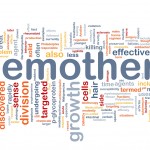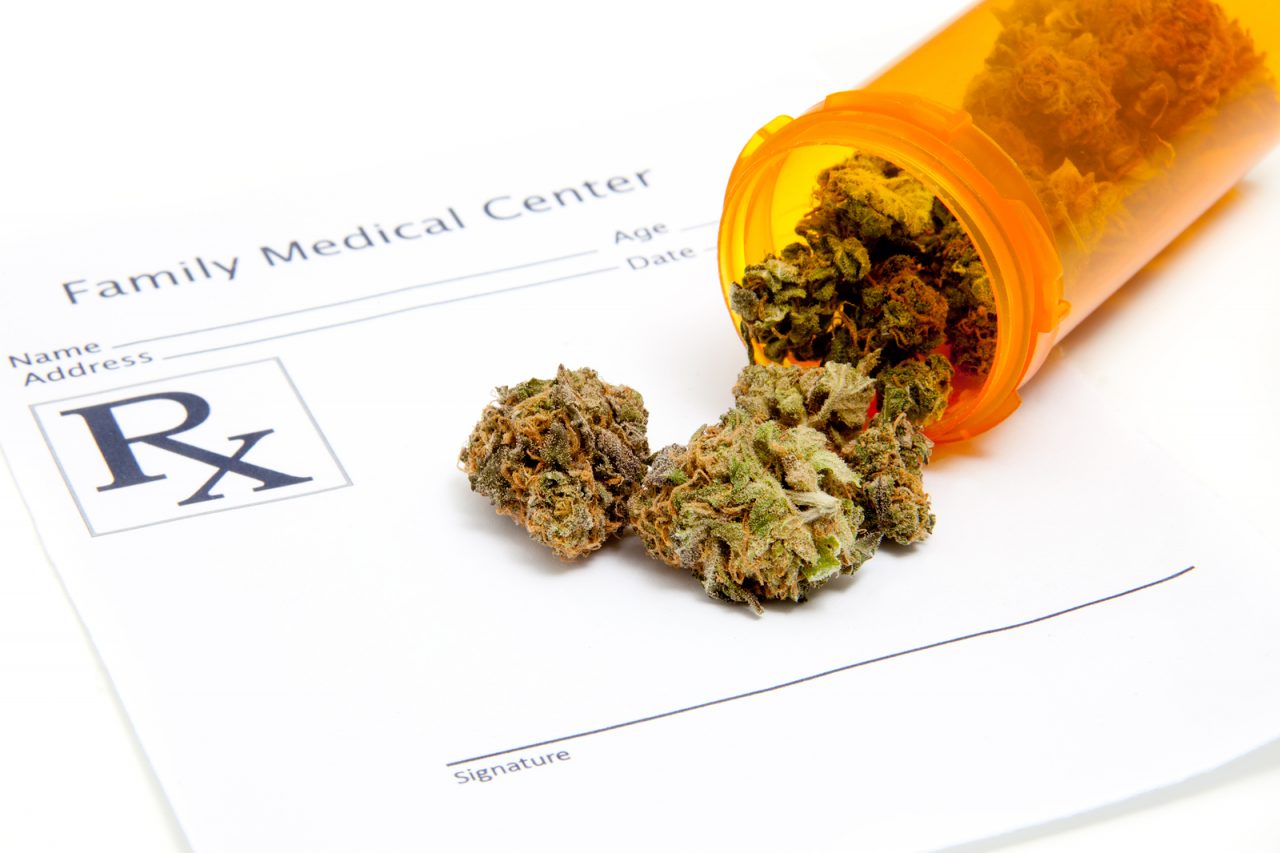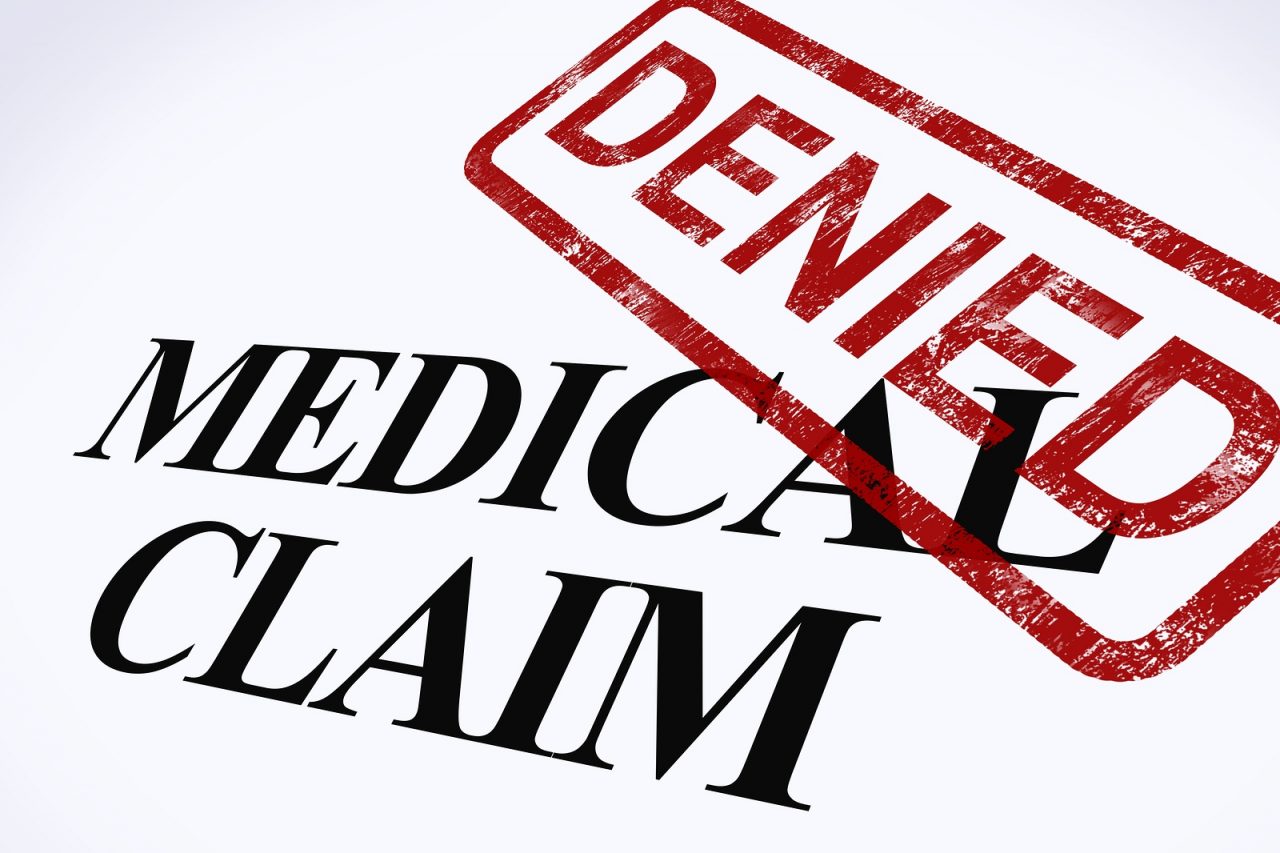I have outstanding, compassionate and dedicated partners; rarely goes by a day that they fail to teach me by their intelligence and example. Nonetheless, yesterday, in the middle of 30+ patient office hours, one of them said, “You know there are times when I just can’t stand to listen to another complaint.” He took a deep breath, straightened his coat, and opened the exam room door and, smiling, greeted the next patient. It was a moment to “play” doctor.
I find the practice of medicine, even after all these years, to be an emotional continuum between “playing doctor” and actually “being” a doctor. Many days and moments working with patients, helping them cope with cancer, is satisfying, stimulating and interesting. Doctor and patient connect and I learn things about myself and about living, which are remarkable, precious and privileged. I cannot imagine any other career.
However, there are times when it gets to be too much. When one is tired, the paperwork piled to the ceiling, you are missing irreplaceable personal events, then the quality of patient interactions seems to deteriorate to completing disability forms, rescheduling already delayed procedures, rethinking diagnostic ideas, salvaging failed therapies and running late in a chaos of myriad minor delays. Then it is very hard to summon the needed insight, compassion and focus which are vital to being the kind of doctor towards which each of us strives. Then, the best you can do is “play doctor.” When that happens, not only are you miserable, but you feel guilty because, at some level, you are a fraud.
At the start of a doctor’s career, during those first years as a student, resident and young attending, you have no idea how to connect emotionally to yourself, let along how to bond to patients or do your job. You play doctor all the time. You act the part of someone strange and foreign, the perfect physician, and each day you fail. Overtime, remarkably, miraculously, after much error, uncertainty and pain, you start, just a little, to get it “right.”
You become a better technical physician; i.e. you make the right diagnoses and your treatments actually work some of the time. As important, you begin to touch the souls of your patients and they yours. At first, this happens in rare powerful moments, like a flash going off, but if you are patient that bright light shines more often. The education of a doctor means playing less and being more.
Then, if a doctor heals through connection, he is soothed and supported by the power of the relationship and the contribution to life, which it can produce.
Nonetheless, you are just human, so those tough moments will occur, when you cannot really “be” a doctor. Then it feels as if there is distance between you and your patients and the bond stretches, almost to breaking. On those days, you just “do your job,” be there for the patient and suppress the loss and weariness. Paradoxically, it is that commitment to the doctor’s role, when you are just “playing,” which marks the great doctors, because even on their weakest day they put the patient first and their own healing later.







12 Comments